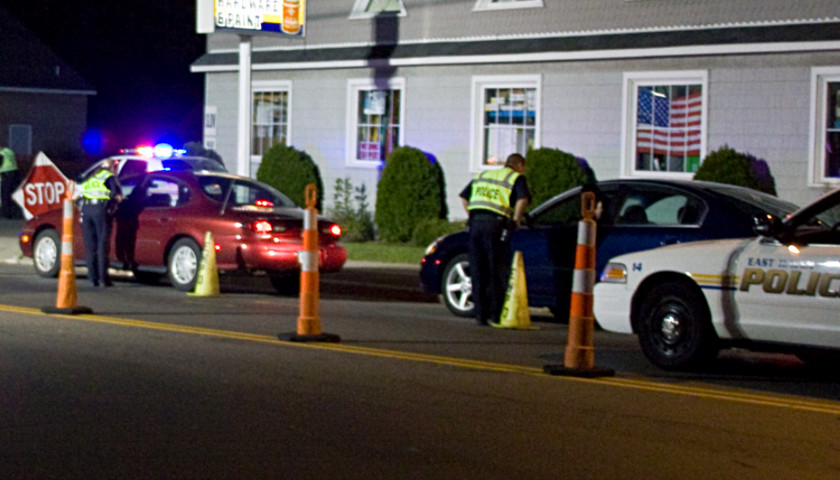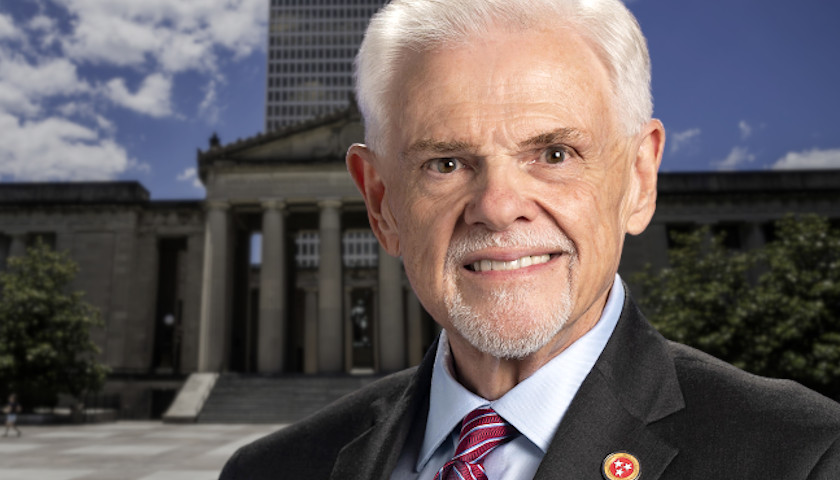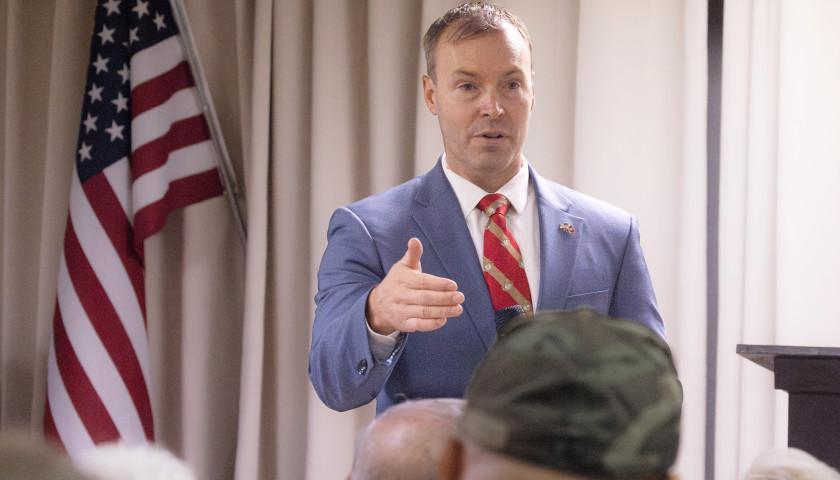The Criminal Court of Appeals in Knoxville ruled Tuesday that Tennessee’s state law requiring every person convicted of a DUI via blood or breath tests pay a $250 fee to the Tennessee Bureau of Investigation is unconstitutional.
According to the 28-page decision, the fee violates due process and puts into question the integrity of the TBI forensic department’s test results, which receives the monies into its ‘Intoxicant Testing Fund.’ The fee system, the ruling says, creates a monetary incentive for forensic scientists through continued employment, salaries, equipment and training.
In addition to the named defendant, Rosemary L. Decosimo, some 20 individuals joined the case, all of whom were charged with DUIs after they provided blood or breath samples, and each would have been subject to paying the $250 fee if convicted.
“While we acknowledge that TBI forensic scientists could lose their jobs if they falsify test results and these falsifications are discovered, we also recognize that forensic scientists would most certainly lose their jobs if funding for their positions disappears, a result of which these forensic scientists are no doubt well aware,” the opinion states.
Initially, in 2005, the “DUI fee” was set at $100, but in 2010, the fee was raised to $250.
In the ruling, the amounts collected by TBI by virtue of the $250 fee were disclosed to be north of $22 million since it was created in 13 years ago. However, in a footnote included in the decision, an exchange between lawmakers and TBI officials show the total amount of fees collected could be higher, but for a delay in when the fee is demanded an when it is paid by a person convicted of a DUI:
During the March 3, 2015 Budget Hearing, Senator Gardenhire said he had reviewed TBI’s report, which stated that the State made approximately 29,554 DUI arrests, with an 89% conviction rate, and that defendants who were convicted of DUI paid a fee of $250 to the TBI. Senator Gardenhire made the statement that with an 89% conviction rate, this would mean that the TBI received over $6,000,000 each year from these fees. He then questioned why the TBI only reported earning $3,000,000 from these fees. Ed Jones, the Deputy Director of the TBI responded that this disparity could be caused by the difference between the time of arrest and the time of adjudication, and Director Gwyn added that the TBI had never received $6,000,000 in any given year from this fee.
For the reporting periods of 2013, ’14, ’15, and ’16, the ruling says the TBI disclosed the $250 ‘DUI fee’ collected totaled about $3,000,000 annually. In a 2014 meeting with the Senate Judiciary Committee, TBI Director Mark Gwyn defended the fee and its subsequent increase, telling the committee that without it, the bureau would have been forced to eliminate several forensic scientist positions. Gwyn added that the fee prevents the TBI from charging local law enforcement agencies for the testing, which he said they can’t afford.
Ultimately, the State’s contention that due process violations could be mitigated though alternative procedures fell short, as the Court ruled that neither instruction to a jury nor vigorous cross-examination of the bureau’s forensic scientists in could correct that the fee system itself is unconstitutional, adding that independent testing also isn’t the answer because it would wrongly shift the burden of proof from the state to the defendant:
While the State contends that any possible bias on the part of forensic scientists can be offset by procedural safeguards, such as an independent testing of samples, a thorough cross-examination of the forensic scientist at trial, or a jury instruction addressing the credibility of TBI forensic scientists, we conclude that these procedural safeguards fail to remedy the due process violations resulting from the fee system itself. Cf. Ward, 409 U.S. at 61-62 (rejecting the claim that the procedural safeguards of an appeal and trial de novo corrected the due process violation); Brown, 637 F.2d at 280 (recognizing that an accused has a right to an unbiased magistrate or judge with or – 28 – without a jury and with or without the right to appeal and a trial de novo before a jury); see also City of White House v. Whitley, 979 S.W.2d 262, 267 (Tenn. 1998) (concluding that “the due process violation resulting from the lack of an attorney judge is not cured by the statutory right to a de novo appeal.”).
We conclude that independent testing is not an adequate safeguard because it impermissibly shifts the burden of proof from the State to the defense. Because the State has the duty to pursue truth and justice, it has the obligation to provide an accurate, unbiased BAC result, not a result that is deemed correct until disproved by the defendant. Under the scenario suggested by the State, the defendant is forced to obtain an independent test, to pay for an attorney to defend him, and to hire an expensive expert to challenge the BAC result in order to do what an unbiased TBI forensic scientist should have done from the beginning. Lastly, because so many DUI cases end in guilty pleas, rather than trials, we conclude that neither a jury instruction nor vigorous cross-examination of TBI forensic scientists corrects the fact that Code section 55-10-413(f) violates due process. Accordingly, we hold that the trial court erred in failing to suppress the test results in this case.
As of this writing, prosecutors have not said if they will seek further appeal.





